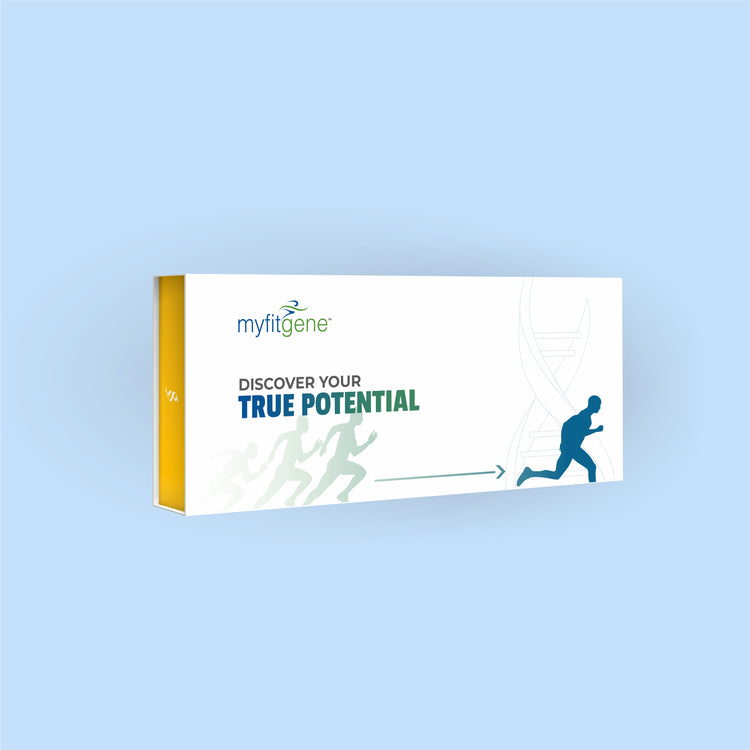Vitamin B1
Vitamin B1 Guide
Vitamin B1, also known as thiamine, is a water-soluble vitamin that plays a crucial role in energy metabolism, nerve function, and carbohydrate metabolism. From supporting proper nerve signaling to enhancing cellular energy production, vitamin B1 is essential for overall health and vitality. Understanding the impact of genetic variants on vitamin B1 metabolism, recognizing signs of deficiency or excess, exploring dietary and supplemental sources, and interesting facts about this vital nutrient can help individuals optimize their vitamin B1 intake and support their health goals.
Impact of Gene Variant
Genetic variations can influence the metabolism and utilization of vitamin B1 in the body. Certain genes involved in thiamine absorption, transport, and activation may exhibit variations that affect individual requirements for vitamin B1. For example, variations in genes encoding thiamine transporters or thiamine pyrophosphate (TPP)-dependent enzymes may impact the body‘s ability to absorb, transport, and utilize vitamin B1 effectively. Additionally, genetic polymorphisms in genes related to thiamine metabolism pathways, such as thiamine diphosphate kinase (TDK) and thiamine triphosphatase (TTPA), may influence the conversion of thiamine into its active coenzyme form, TPP, which is required for numerous enzymatic reactions in the body.
Ways to Recognize Problems
Recognizing signs of vitamin B1 deficiency or excess is essential for identifying potential health issues and addressing nutritional imbalances. Common symptoms of vitamin B1 deficiency (thiamine deficiency) may include:
-
Fatigue and Weakness: Low levels of vitamin B1 can impair cellular energy production and contribute to feelings of fatigue, weakness, and lethargy.
-
Neurological Symptoms: Thiamine deficiency can affect nerve function and lead to neurological symptoms such as tingling or numbness in the extremities (peripheral neuropathy), muscle weakness, poor coordination, and difficulty concentrating.

